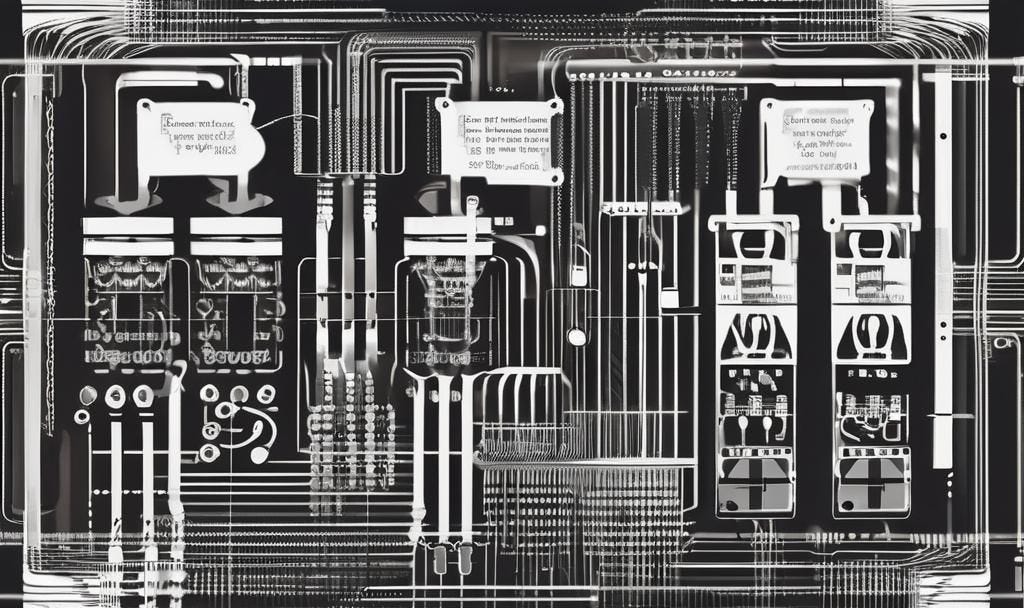👋 Hi, Jay here! Welcome to my newsletter on Substack, exclusively for Product Coalition members.
Here’s what I’m covering this week
🗒️ STUDY WITH JAY: Product Management in the Quantum Age
🎧 PODCAST: Challenging the Status Quo in CRO
🤔 LIVE EVENTS NEXT WEEK
📝 COMMUNITY ARTICLE: Have You Learned Nothing From Your Retros?
👉 OPEN TO WORK
STUDY WITH JAY: Quantum Computing's PM Challenge
🗒️ Each week I share what I’m studying, with the world. This week I’m studying Quantum Computing, and paid subscribers can request access to my shared notebook here.
Here’s what I’m going to cover…
The truth about quantum product development
Why most product playbooks fail in quantum environments
Real stories from PMs tackling quantum projects
Plus a framework for managing quantum teams that actually works
The Morning My Product Brain Broke
5:43 AM. Saturday. I'm at home, scrolling through research papers because sleep is apparently optional. My awesome geisha coffee hasn't kicked in yet when I stumble across a quantum computing paper that makes me spill my geisha all over my laptop.
(At least it was a quantum spillage - the coffee existed in both a spilled and unspilled state until I observed it. Physics humor, anyone? No? Really? Moving on...)
The paper revealed something fascinating: companies are already shipping quantum products.
Not proof of concepts!
Not lab experiments!
Real, proper, revenue-generating quantum solutions!
It's All Gone a Bit Weird, Hasn't It?
Remember when quantum computing was just that thing physicists talked about at conferences? Recent research shows quantum technology has snuck out of the lab while we weren't looking (or too busy looking at AI).
Here's what's actually happening, whilst we’re all focusing on AI ethics…
In Financial Services
Picture this: A trading floor in Manhattan. Screens everywhere. Traders doing their trader things. But in the background, quantum algorithms crunch through portfolio optimizations that would make classical computers cry.
In Drug Discovery
Studies in molecular modeling show quantum computers simulating chemical reactions in hours that would take classical computers centuries. That new cancer drug? It might come from a quantum computer.
In Supply Chain
Remember that chip shortage that made it impossible to buy a PS5? New quantum optimization techniques could help prevent the next one.
The Product Manager's Quantum Crisis
Last week, my mate Sarah (a seasoned PM at a fintech) messaged me at midnight. "Jay," she said (the no “Hi” gave it away as a serious message), "my CEO just announced we're building a quantum division. I've got six months to deliver something. Help."
Blimey. Where do you even start?
Why Your PM Toolkit Just Exploded
According to groundbreaking research in quantum software development, traditional product management tools fall apart in quantum environments. Here's why:
1. The Observer Effect (No, Really)
In classical software, you can monitor your system without affecting it. But in quantum? Recent studies show that observing your quantum system literally changes its behavior.
Imagine trying to run A/B tests when the act of measuring your results affects the outcome. It's like Schrödinger's Product Analytics - your metrics exist in multiple states until you look at them.
You with me? No? I’m barely with me too, so, here’s another example…
Imagine you have a row of toy soldiers (these are ions in the experiment) lined up in a very chilly place (a cryogenic quantum register). Each soldier is supposed to follow only their own orders, but sometimes they hear the instructions meant for their neighbour and get confused (this is called crosstalk). This confusion isn’t helpful for the team, so scientists are trying to stop it.
To give each soldier their orders, scientists use tiny laser beams—like laser pointers focused precisely on each soldier. But sometimes, these lasers spread out a little and accidentally give neighbouring soldiers mixed signals. To fix this, the scientists came up with a clever trick: they shine an extra light beam at each soldier’s neighbour, which cancels out the confusing signals. It’s a bit like playing a sound that cancels out background noise, letting each soldier only hear the orders meant for them.
The scientists tested this by seeing how well each soldier could follow orders after using this trick. They found that with the right setup, they could almost completely get rid of the “mixed signal” problem, and each soldier behaved almost perfectly! This means the soldiers can now work together better, and the scientists are even trying other tricks to make sure their commands don’t get jumbled in the future.
2. The Two-World Problem
Here's something wild from IBM's quantum research team: every quantum product actually needs two parallel development tracks:
The quantum implementation
A classical simulation of the quantum implementation
It's like building a rocket while simultaneously maintaining a perfect video game version of that rocket. Both are essential. Both need different teams. Both need different tools.
3. Error Rates: Your New Best Friend
Remember how we obsess over five nines of reliability? New research shows quantum systems follow different rules entirely. Some quantum algorithms actually perform better with certain types of errors. Mad, right?
The Quantum PM's Survival Guide
After consoling Sarah, I've put together what I'm calling the Quantum PM's Survival Guide. Based on empirical studies and, frankly, a lot of trial and error:
1. Embrace the Hybrid Approach
Research published in Nature shows the most successful quantum products aren't pure quantum plays. They're hybrid solutions that cleverly combine classical and quantum approaches.
For example, when JP Morgan Chase's quantum team optimizes portfolios, they use:
Classical computers for data preparation and constraint definition
Quantum algorithms for exploring the massive space of possible portfolio combinations
Classical systems again for finalizing and presenting results
Each mode for its proper purpose. No one teleports to their kitchen for a snack.




